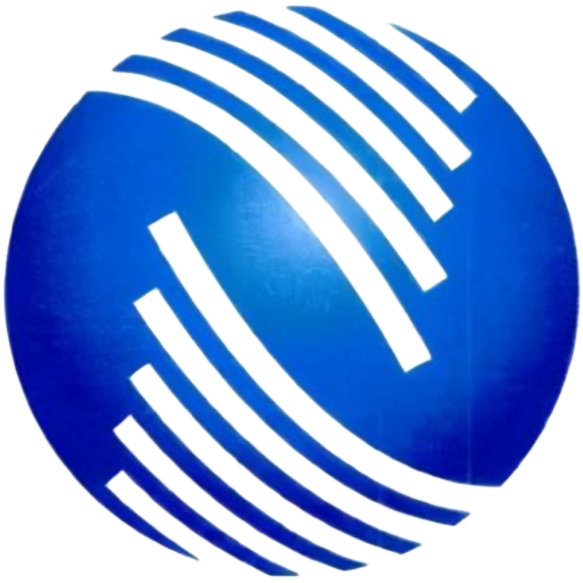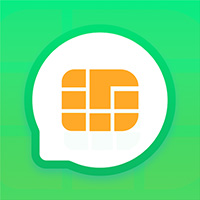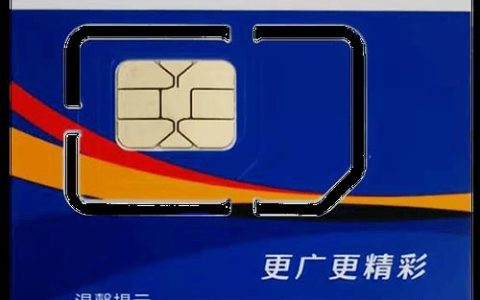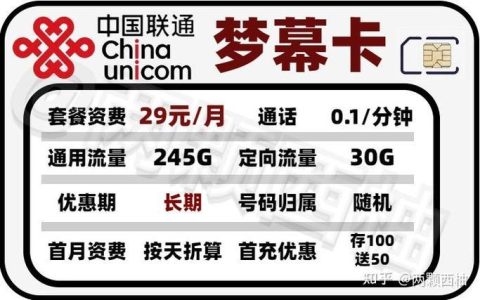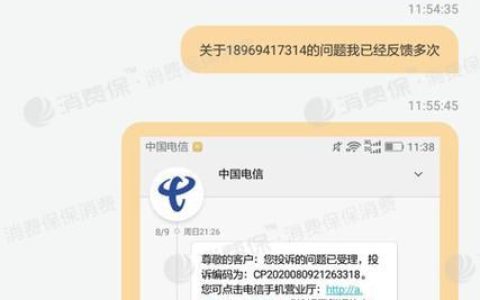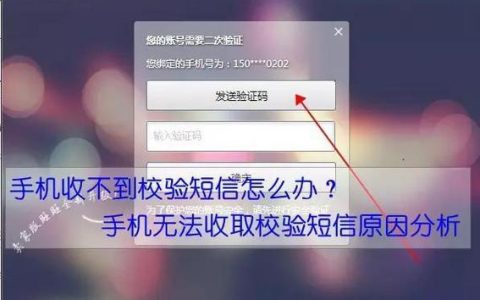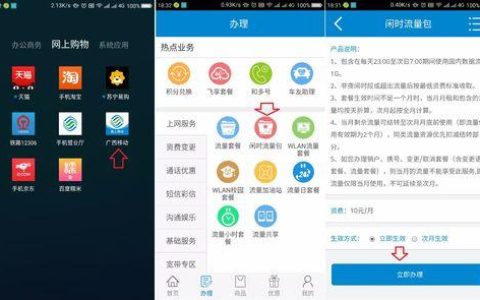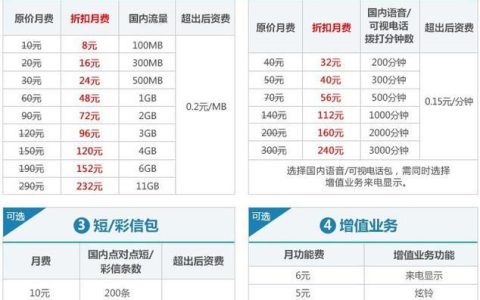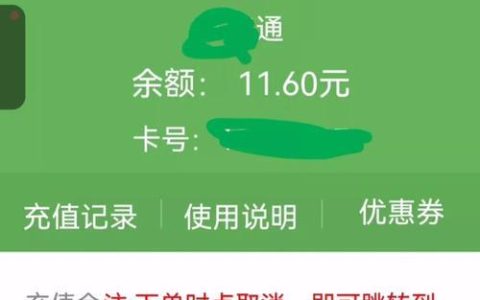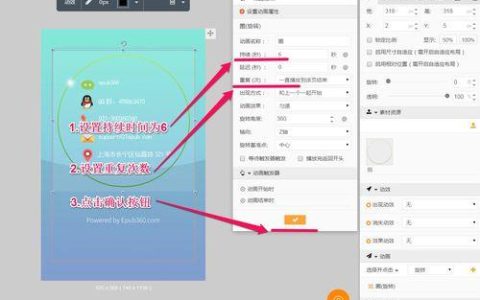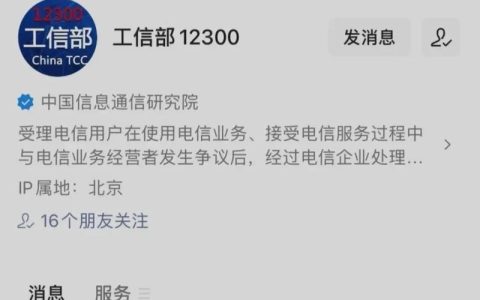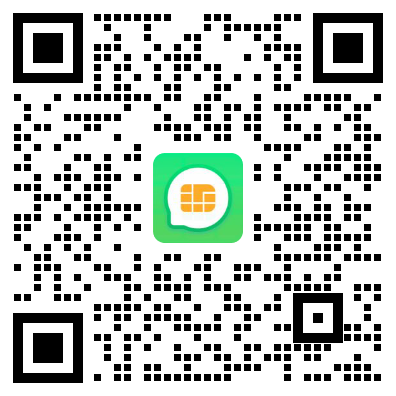In today\'s bustling cities, traffic congestion has become an omnipresent challenge, causing frustration for commuters, environmental pollution, and economic losses. To address this pressing issue, the transportation industry is embracing the transformative power of the Internet of Things (IoT) and introducing innovative solutions like Traffic Card IoT cards.

What is a Traffic Card IoT Card?
A Traffic Card IoT card is a small, embedded device equipped with sensors and connectivity capabilities that can be installed in vehicles or along roadways. These cards collect real-time data on traffic conditions, including vehicle speed, density, and location. This data is then transmitted to a central platform for analysis and processing.
Benefits of Traffic Card IoT Cards
The implementation of Traffic Card IoT cards offers a multitude of benefits for both individual drivers and transportation authorities:
Real-time Traffic Updates: Drivers can receive up-to-date information on traffic congestion, accidents, and road closures, enabling them to make informed route choices and avoid delays.
Optimized Traffic Management: Transportation authorities can gain valuable insights into traffic patterns, allowing them to dynamically adjust traffic signals, implement congestion pricing schemes, and deploy traffic control measures more effectively.
Reduced Travel Times and Emissions: By optimizing traffic flow, Traffic Card IoT cards can significantly reduce travel times, fuel consumption, and associated emissions, contributing to a more sustainable transportation system.
Enhanced Road Safety: By providing real-time data on accidents and road hazards, Traffic Card IoT cards can assist emergency services in responding promptly and reducing the risk of further incidents.
Applications of Traffic Card IoT Cards
Traffic Card IoT cards have a wide range of applications beyond basic traffic monitoring:
Smart Parking: IoT-enabled parking systems can guide drivers to available parking spots, reducing congestion and improving parking efficiency.
Public Transportation Optimization: IoT data can be used to optimize public transportation routes and schedules, ensuring timely and efficient service for passengers.
Fleet Management: Transportation companies can utilize IoT cards to track their vehicles, monitor driver behavior, and optimize fuel usage.
Future of Traffic Card IoT Cards
As technology advances, Traffic Card IoT cards are poised to play an even more significant role in shaping the future of transportation:
Predictive Traffic Analytics: Advanced machine learning algorithms can analyze historical traffic data and real-time IoT inputs to predict future traffic patterns, enabling proactive traffic management strategies.
Autonomous Vehicles: Traffic Card IoT cards can provide essential data for autonomous vehicles, enabling them to navigate safely and efficiently through complex traffic scenarios.
Smart Cities: Traffic Card IoT cards can be integrated into smart city initiatives, creating a connected transportation ecosystem that optimizes traffic flow, reduces congestion, and improves overall urban mobility.
Conclusion
Traffic Card IoT cards represent a transformative technology that is revolutionizing traffic management and navigation. By harnessing the power of IoT data, these cards are paving the way for a more efficient, sustainable, and safer transportation system for all. As technology continues to evolve, Traffic Card IoT cards are poised to play an even more crucial role in shaping the future of mobility.

